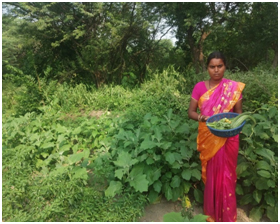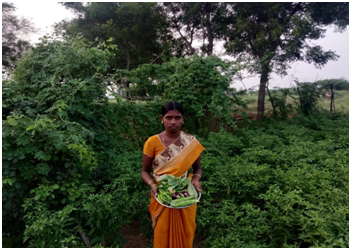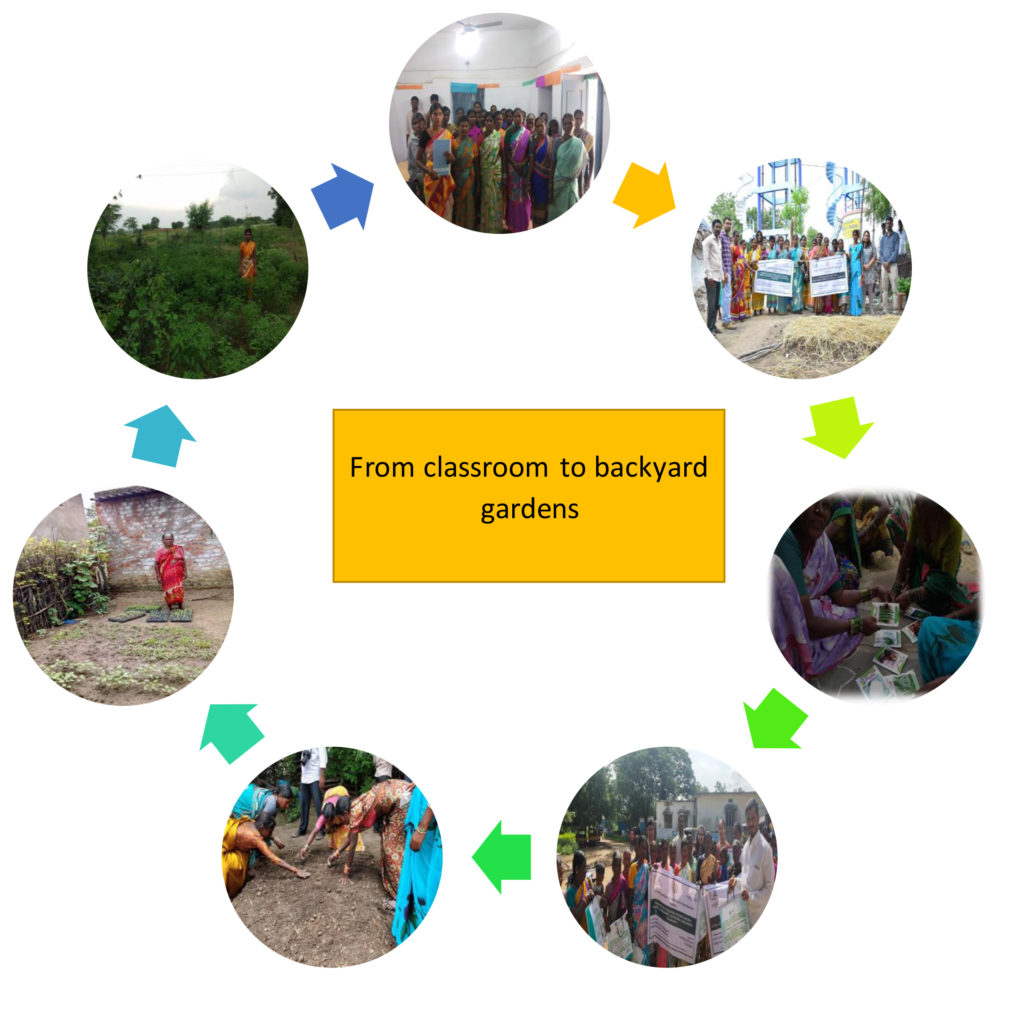
Health and Nutrition
Promoting gender equality through nutrition and health
Promoting supplemental food production among the underprivileged and poor people in the rural areas is key objective of CSFD. To actualise this CSFD promotes the small kitchen garden model with an aim to improve nutrition security and supplement household income. Kitchen gardens can be established and maintained on a small patch of land with minimum technical inputs. These gardens can provide the rural resource to poor communities with a platform for innovations in supplemental food production as well as an opportunity to improve their livelihoods. CSFD has supported women to lay gardens in Sangareddy villages.
Success stories: CSFD supported Kitchen Gardens
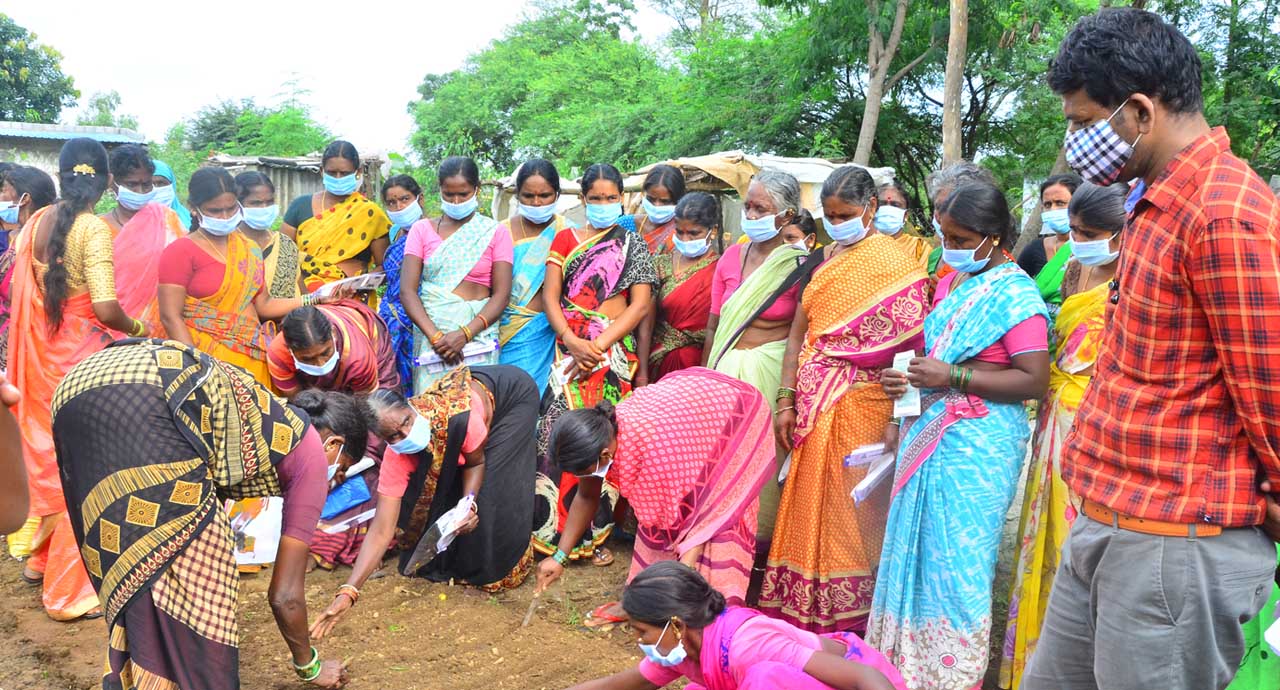
Cornell Sathguru Foundation for Development (CSFD) works with the rural communities of Paniyal and Badampet villages of Sangareddy, Telangana with an aim to improve the agriculture practices and to create sustainable livelihood opportunities. CSFD’s one such initiative, developing kitchen gardens focuses upon enhancing nutrition level of communities and providing a platform to create livelihood opportunities.
Mostly, the kitchen gardens can be established and maintained on small patch of land or backyard with the variety of assorted vegetables and fruits. These gardens provide the communities with a platform for innovations in supplemental food production as well as an opportunity to improve their livelihoods.
Impact stories
Lakshmi
Sharing the happiness
`
“Lakshmi one of the beneficiaries of kitchen garden program implemented by CSFD was growing few vegetables in her back yard with the seeds available in the local market however the produce was not sufficient for their house hold requirements. Lakshmi was keen to be a part of CSFD supported kitchen garden project and got enrolled under the program. With the support from the CSFD, she was trained on developing kitchen garden in a scientific manner with other project beneficiaries. CSFD distributed kitchen garden input kits along with the vegetables and fruit seeds received from the Mahyco seeds Pvt Ltd. In a span of three to four months Lakshmi’s efforts flourished into a beautiful, diverse garden. The garden includes tomatoes, chilies, eggplant, okra, bottle gourd, ridge gourd, bitter gourd, cabbage, cauliflower, beans and greens. She has also planted fruit plants such as papaya and watermelon. Now Lakshmi is contented and feels because of CSFD and its successful kitchen garden intervention her family is able to consume diverse and nutritious food which they were unable to get earlier. Apart from consuming the produce, Lakshmi happily shares the excess yields with her neighbors”
Dreams are the seeds of change
“Women farmer and kitchen garden beneficiary G Bonamma,another enthusiastic beneficiary of CSFD supported kitchen garden program, has a dream to scale up her successful kitchen gardens by selling the access produce and generating income out of it. She used to grow few vegetables in her backyard but was not getting ample produce to meet the family needs. She undertook training provided by CSFD during July 2019 and started developing kitchen garden in a more systematic way with CSFD team’s technical assistance. As of now when we stepped into her courtyard we can relish the greenery and blooming plants full of variety of vegetables. CSFD supported kitchen garden is providing her family with assorted variety of vegetables and supplements greatly to their nutrition. G Bonamma is ardent to get trained for linking up with the market to sell her kitchen gardens yields.”
Glimpses of kitchen Garden Training & Input Distribution Program Phase II
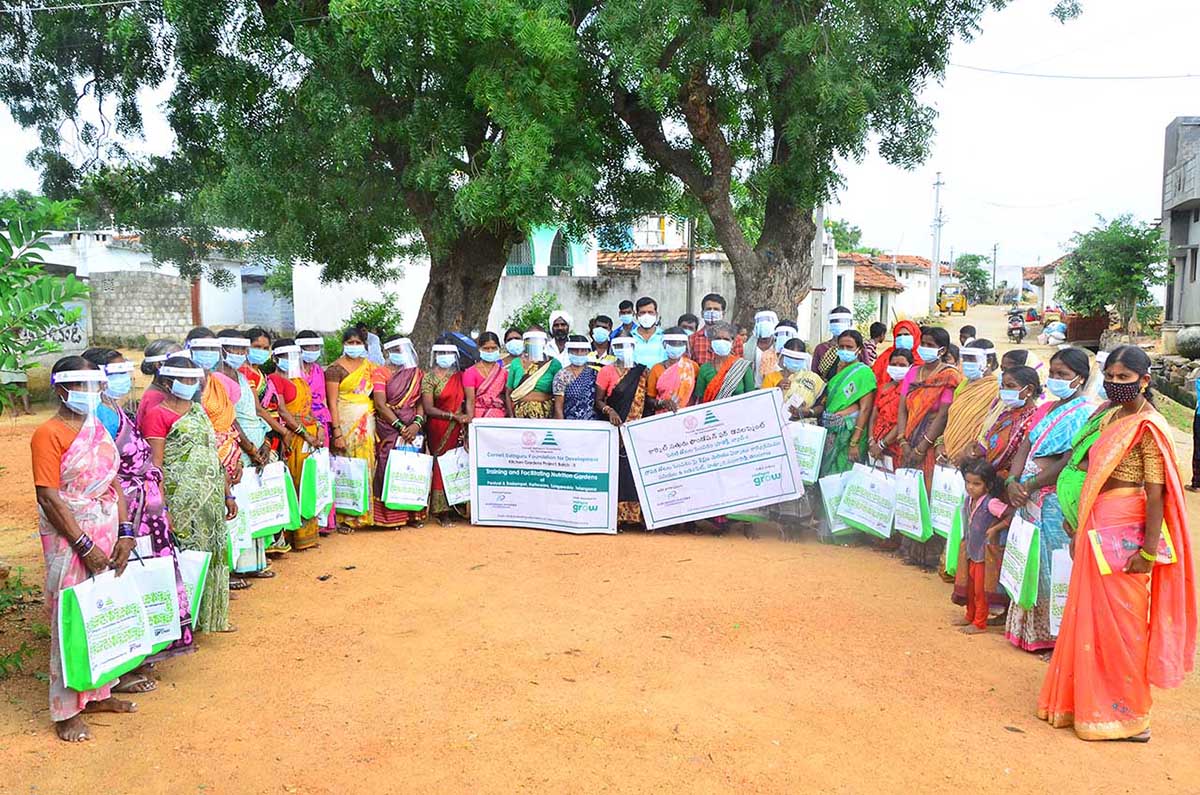
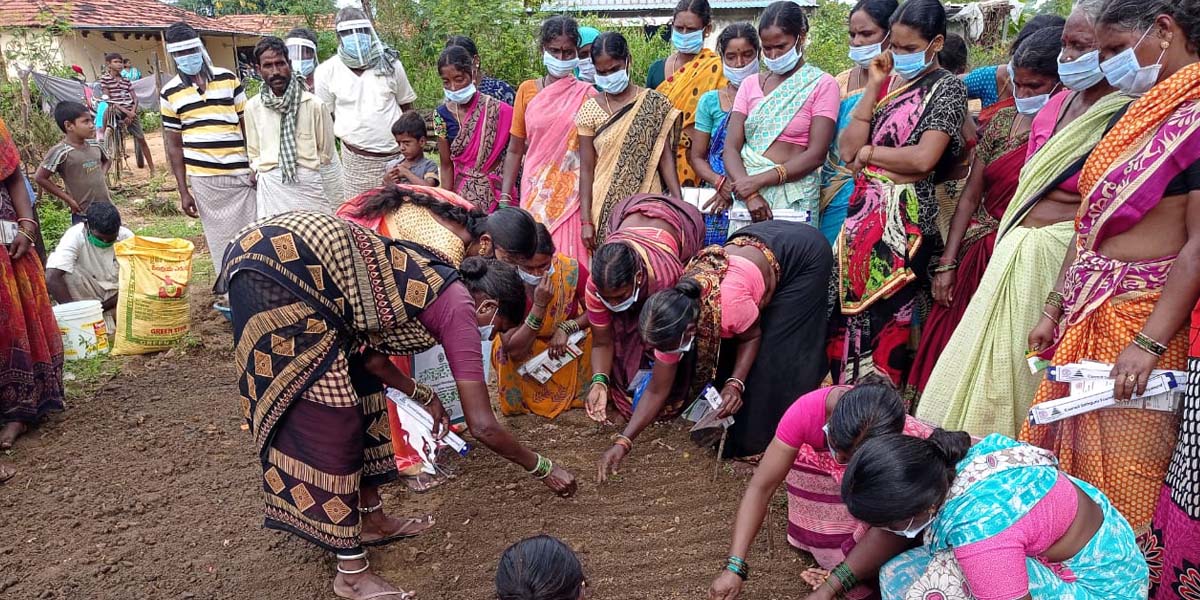

Blog Updates
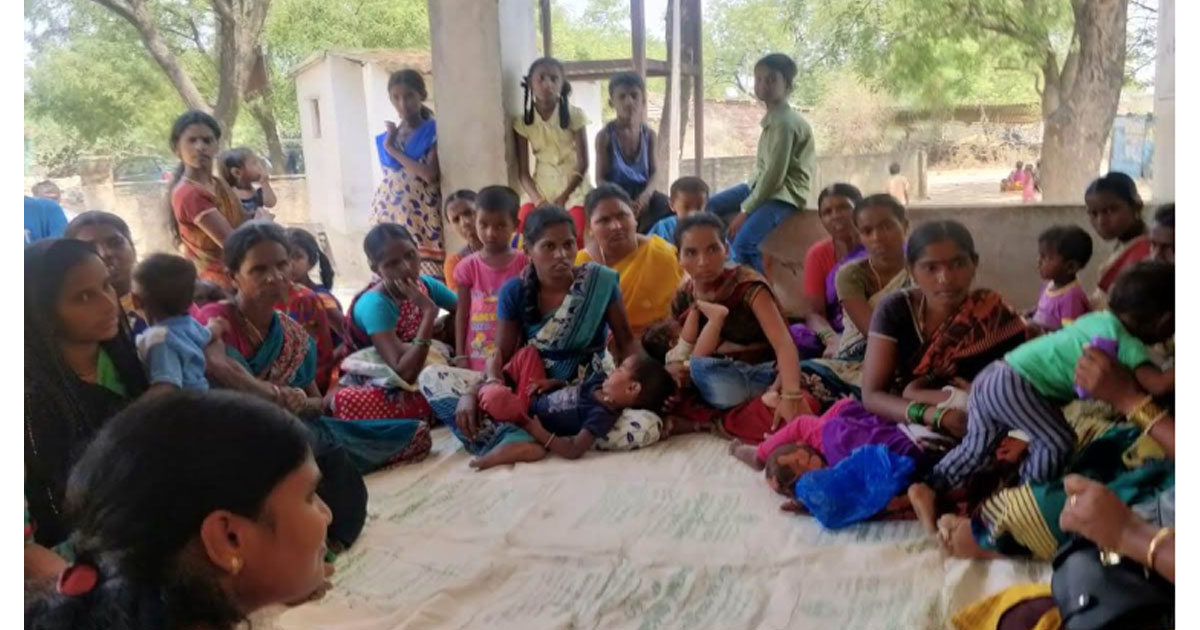
CSFD facilitating backyard space into a healthy nutrition garden and generate additional income With rapid urbanization, the periurban areas that are close to cities are going through the rapid transition, leaving a lot of scope for business opportunities. But opportunities are accompanied by challenges. With changing patterns of usage of the land, employment, industries etc., attribution to agriculture and other traditional practices are losing their prominence. Read More

